Epiphany in Europe
Epiphany in Europe: A Holiday of Light, Gifts, and Ancient Traditions
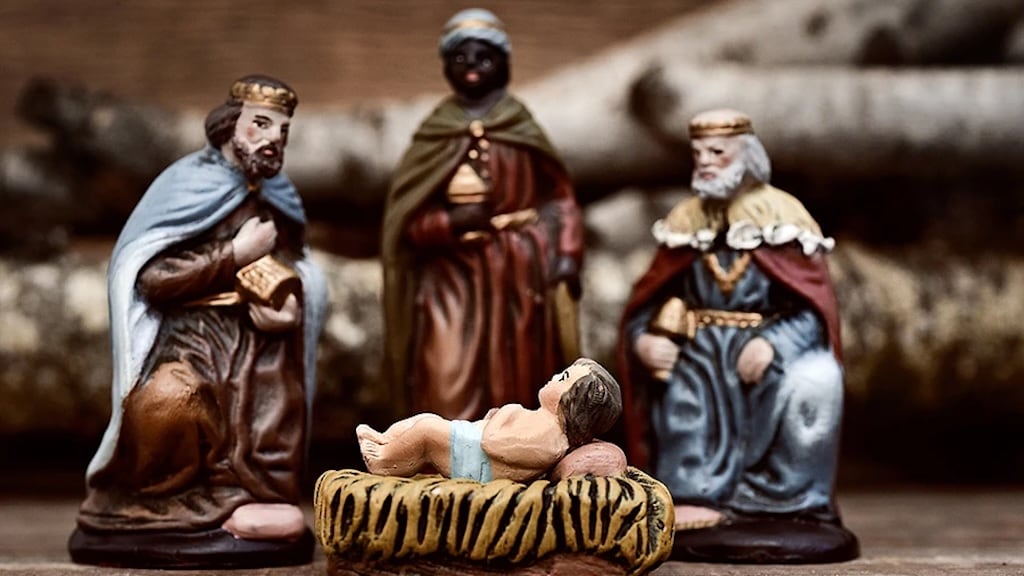
Epiphany, observed annually on January 6th, is a profound Christian feast that commemorates the manifestation of Jesus Christ to the Gentiles, represented by the visit of the Magi (Three Wise Men) to Bethlehem. This pivotal event, signifying Christ's revelation to the wider world, is celebrated with immense cultural and religious significance across numerous European countries.
While its theological roots are universal, the traditions surrounding Epiphany vary dramatically, weaving a rich tapestry of local customs, culinary delights, and festive gatherings. From the solemn blessings of homes to vibrant parades and the exchange of gifts, Epiphany marks the culmination of the Christmas season and often serves as a final flourish of winter festivities.
For a deeper understanding of its religious origins, the Catholic Encyclopedia provides comprehensive details on Epiphany.
The Heart of the Celebration: Core Traditions
The core traditions of Epiphany across Europe are deeply rooted in Christian beliefs, yet they have evolved to incorporate unique regional flavors. A central theme is the blessing of homes, where priests or family members inscribe the initials of the Magi (Caspar, Melchior, and Balthazar) along with the year, separated by crosses, above doorways.
This act is believed to invite blessings and protection for the coming year. Another widespread custom involves special Epiphany cakes, such as the French galette des Rois or the Spanish roscón de Reyes, which often contain a hidden charm or figurine. The person who finds it is crowned king or queen for the day, adding an element of playful anticipation to family gatherings. Gift-giving is also a significant tradition, particularly in countries like Spain, where the Magi, rather than Santa Claus, are the primary gift-bearers for children. These customs underscore the holiday's dual nature as both a sacred observance and a joyous family occasion.
A Tour of Europe's Epiphany Celebrations
Epiphany, or Three Kings' Day, is celebrated with distinct customs and vibrant festivities across various European nations, each adding its unique cultural flair to this ancient Christian holiday.
🇪🇸 Spain: Día de Reyes
In Spain, January 6th is known as "Día de Reyes" (Three Kings' Day) and is arguably more important than Christmas Day for children. The night before, on January 5th, grand "Cabalgata de Reyes" (Three Kings' Parades) take place in cities and towns across the country.
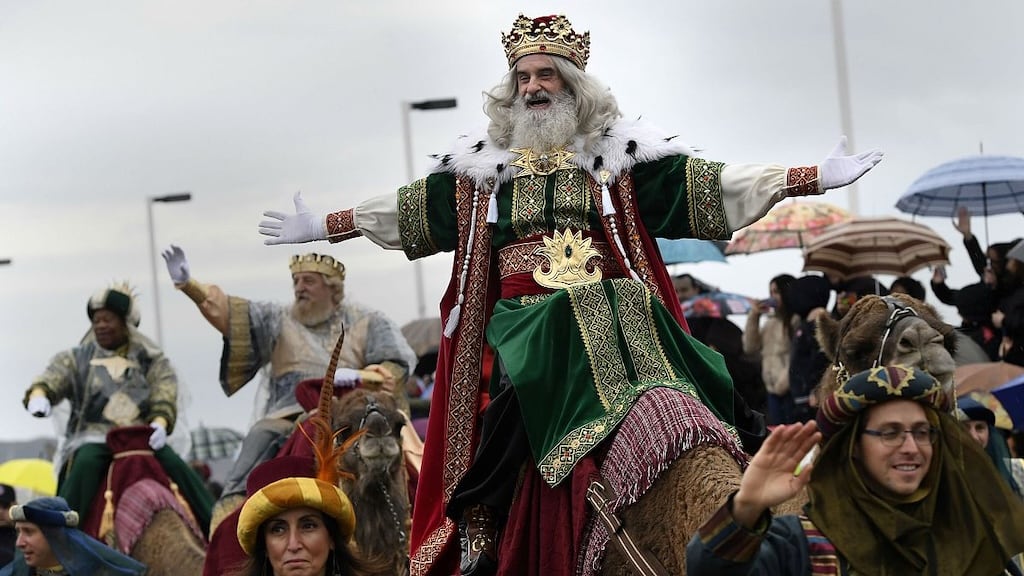
The Magi, often riding on elaborate floats, throw sweets to the crowds. Children leave out their shoes to be filled with gifts by the Kings, and a special ring-shaped cake called Roscón de Reyes is eaten, often containing a small figurine and a bean. The person who finds the figurine is crowned king or queen, while the one who finds the bean traditionally pays for the cake. This day is a national public holiday, filled with family gatherings and celebrations. Explore more about Spanish traditions on the official Spain Tourism website.
🇮🇹 Italy: La Befana
Italy celebrates Epiphany with the legend of "La Befana," a kind old witch who flies on her broomstick on the night of January 5th to fill children's stockings. Good children receive toys and sweets, while naughty ones find coal (often represented by black candy).
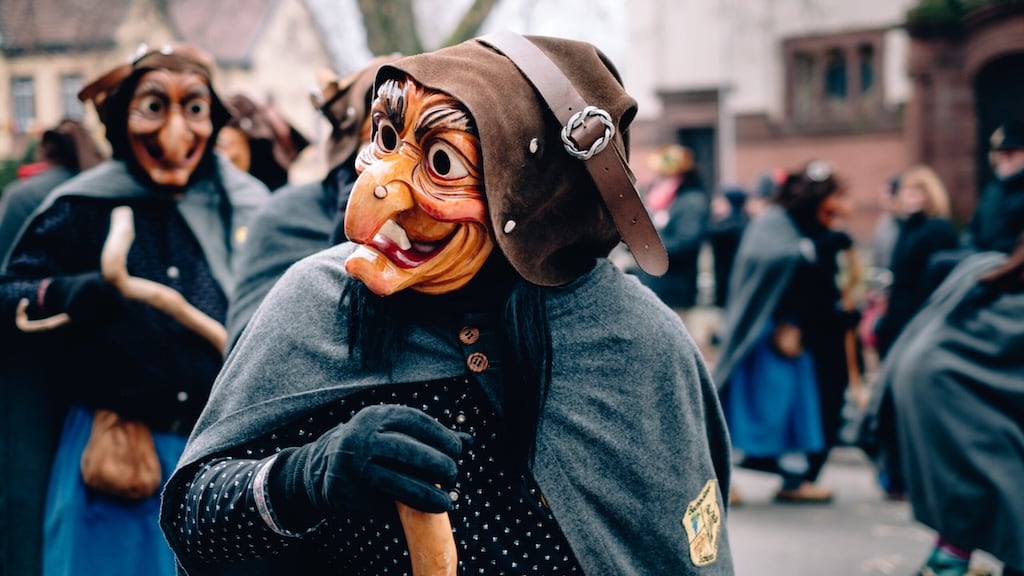
La Befana is a beloved figure, and her arrival is eagerly anticipated. Many towns host parades and festivals featuring Befana, and markets sell traditional sweets and toys. The day is a public holiday, and families often gather for a festive meal, marking the official end of the Christmas holiday season. The unique figure of La Befana adds a magical and distinctly Italian touch to Epiphany.
🇩🇪 Germany: Heilige Drei Könige
In several German states, including Bavaria, Baden-Württemberg, and Saxony-Anhalt, January 6th is a public holiday known as "Heilige Drei Könige" (Holy Three Kings).
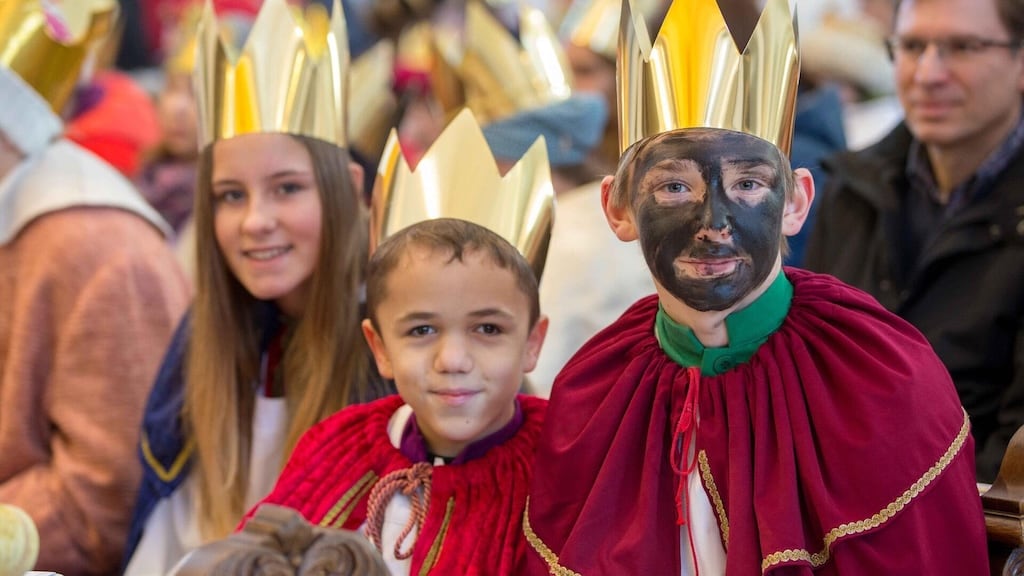
A prominent tradition involves "Sternsinger" (star singers)—children dressed as the Three Wise Men—who go from house to house, singing carols and collecting donations for charity. In return, they bless the homes by chalking the inscription "C+M+B" (Christus Mansionem Benedicat - Christ bless this house) and the year above the doors. This tradition is a significant cultural and charitable event, deeply embedded in the community spirit.
🇦🇹 Austria: Dreikönigstag
Similar to Germany, Austria celebrates "Dreikönigstag" (Three Kings' Day) as a public holiday.
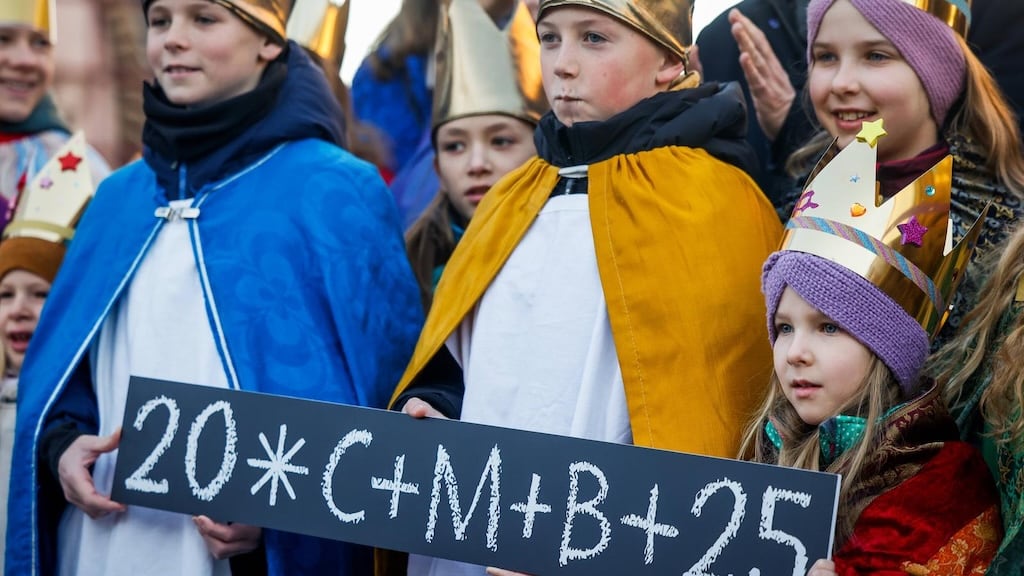
The tradition of Sternsinger is also very strong here, with children collecting money for good causes and blessing homes. Special Epiphany pastries, often braided or shaped like crowns, are enjoyed. The day is a time for family and reflection, often involving church services and quiet celebrations, marking the end of the festive period.
🇵🇱 Poland: Trzech Króli
In Poland, Epiphany is known as "Trzech Króli" (Three Kings' Day) and has been a public holiday since 2011. It is celebrated with street parades, often featuring people dressed as the Three Wise Men, sometimes riding camels or horses.
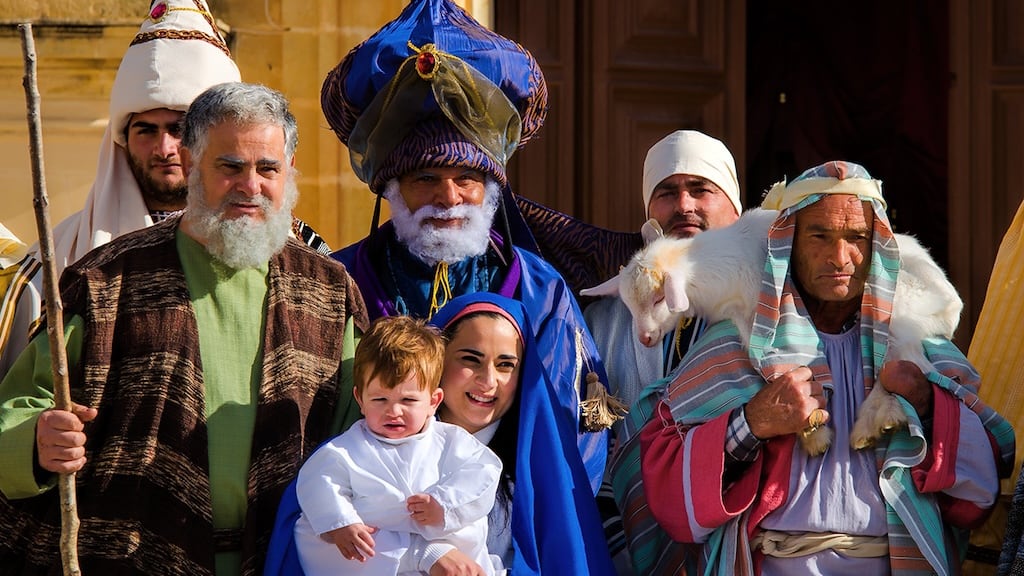
Participants wear paper crowns, symbolizing the kings. Churches hold special services, and homes are blessed with the "C+M+B" inscription. Families also enjoy a special cake with a hidden coin or almond, and the finder is declared king or queen for the day. This holiday is a vibrant display of faith and community spirit.
Conclusion
Epiphany in Europe is a truly captivating holiday, showcasing the continent's rich tapestry of religious devotion, historical customs, and diverse cultural expressions. From the joyous parades of Spain and Poland to the charitable Sternsinger in Germany and Austria, and the enchanting legend of La Befana in Italy, each nation contributes a unique thread to the vibrant fabric of this ancient feast.
It serves as a beautiful culmination of the Christmas season, reminding us of the enduring story of the Magi and the universal message of hope and revelation. As families gather, gifts are exchanged, and homes are blessed, Epiphany continues to be a cherished time for reflection, community, and the celebration of shared heritage across Europe. It is a testament to how deeply intertwined faith and culture are in shaping the continent's festive calendar.